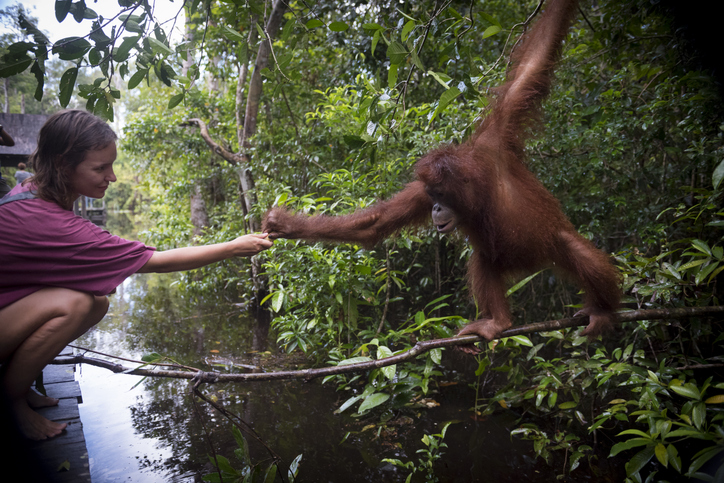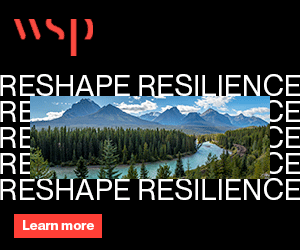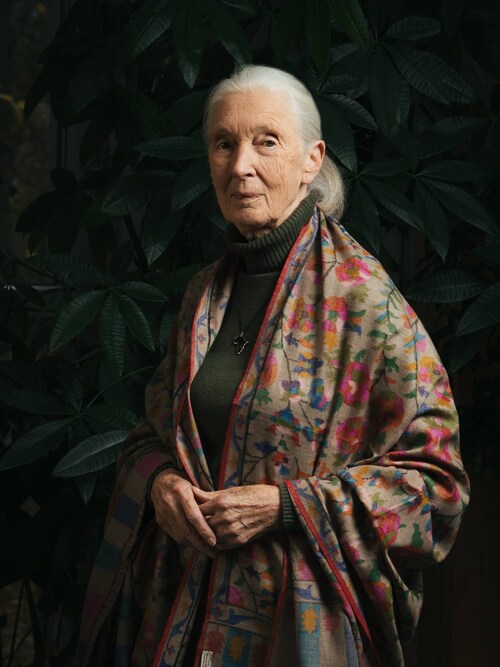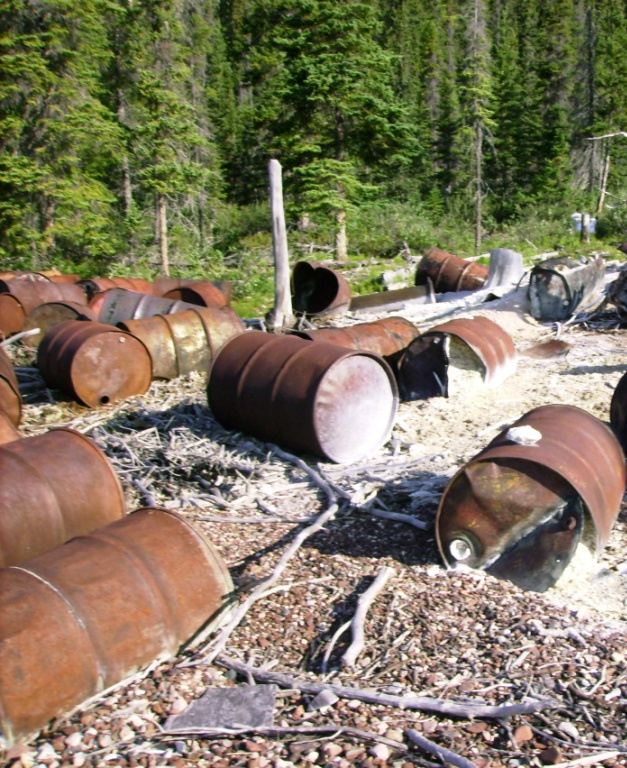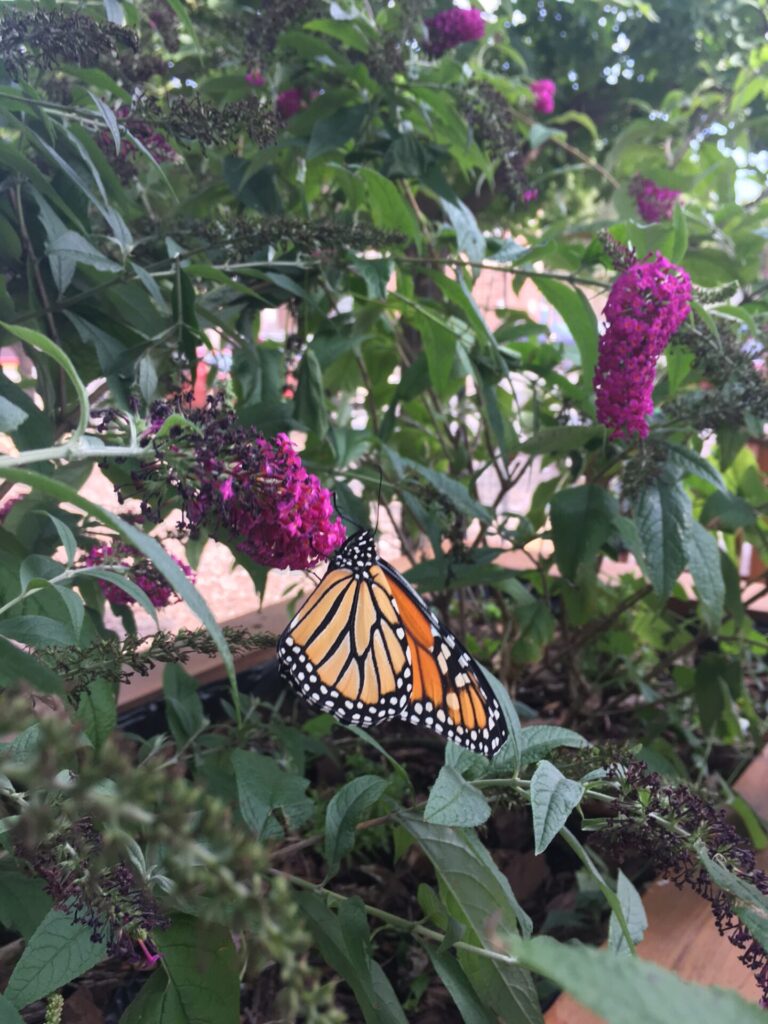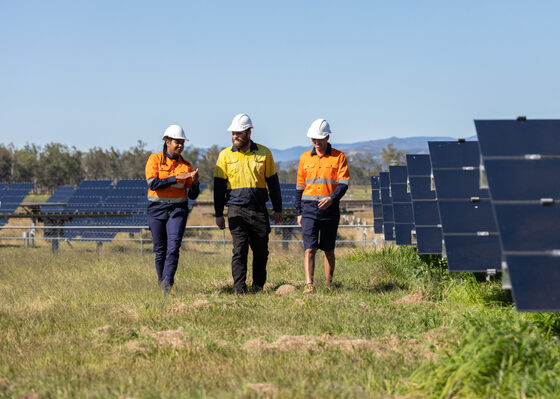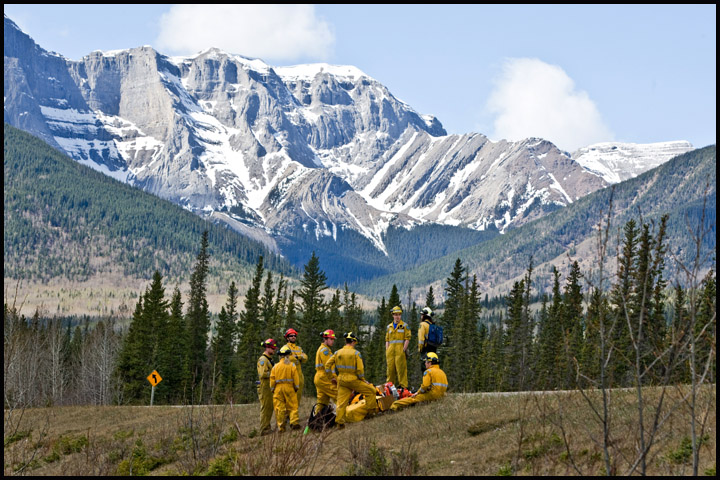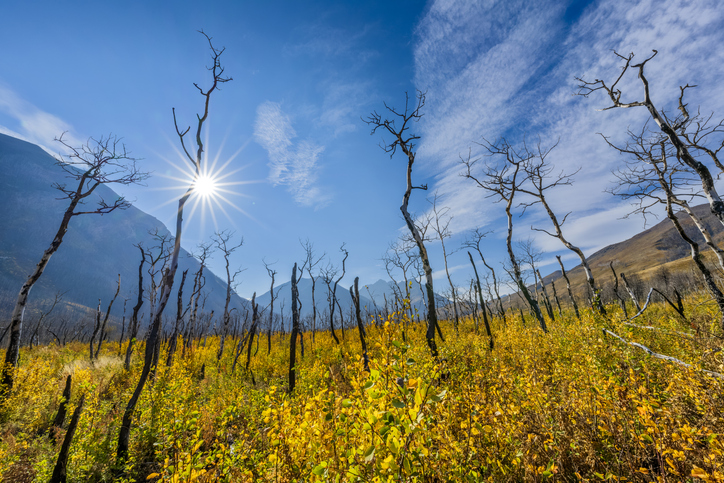Friday, October 3, 2025
Yesterday, the Jane Goodall Institute of Canada confirmed the passing of the organization’s founder, Dr. Jane Goodall, age 91, who died of natural causes in Los Angeles, California while on her speaking tour in the United States. Dr. Goodall’s life and work not only made an indelible mark on our understanding of chimpanzees and other species, but also of humankind and the environments we all share. She inspired curiosity, hope and compassion in countless people around the world, and paved the way for many others—particularly young people who gave her hope for the future.
In 1960, Dr. Goodall established the longest-running wild chimpanzee study in Gombe National Park, Tanzania, which continues to this day. She pioneered and sustained the Jane Goodall Institute’s community-led conservation initiatives across the chimpanzee range for decades. Her legacy includes the creation of the Jane Goodall Institute’s international environmental and humanitarian youth program Roots & Shoots, which is actively driving change in nearly 75 countries around the world.
The groundbreaking scientific discoveries and methods established by Dr. Goodall are expansive and helped to remove barriers for women in science and other fields. Jane’s breakthrough and most famed observation of tool-use in non-human animals is known as the moment that “redefined humankind.” This finding was followed by many others during her research of wild chimpanzees, including the existence of strong mother-infant bonds, meat-eating and hunting, primitive warfare, altruism, and compassion. Jane’s findings also influenced fields of human health, evolution, and ecology. Her passion and ingenuity made Jane a singular figure in scientific and philosophical thought.
Having served as a UN Messenger of Peace since 2002, Dr. Goodall’s recent efforts were marked by her tireless commitment to sharing her message of hope and inspiring individuals around the world to take action and make a difference, every day. As a fierce advocate, she supported innumerable causes and organizations over her lifetime, using her platform to support human rights, animal welfare, species and environmental protection, and many other crucial issues. Her podcast The Hopecast reached millions, and she travelled approximately 300 days a year, inspiring audiences worldwide with her reasons for hope.
Last month, Dr. Goodall spoke before sold-out crowds in Toronto and Ottawa, Ontario—sharing stories from the field, personal insights from her career, and lessons learned throughout her life. She also spoke with students at the University of Toronto’s School of the Environment, encouraging young environmentalists to stay engaged and remain hopeful.
Jane’s vision-turned-mission lives on as the Jane Goodall Institute, which has chapters in 25 countries around the world. The global organization will continue to uphold and expand Dr. Goodall’s holistic approach to involve local communities in conservation efforts using the latest science and technology to promote understanding, conservation, and welfare of wild and captive apes. The Roots & Shoots program, one of Dr. Goodall’s most beloved initiatives, will continue to empower young people to live as compassionate citizens, and become our much-needed future conservation leaders.
The Jane Goodall Institute of Canada is incredibly grateful to all our supporters, partners, and friends, especially during this difficult time.
To add a personal remembrance of Dr. Goodall and continue her legacy for future generations, visit: www.janegoodall.ca/rememberingjane
About Dr. Jane Goodall
Jane Goodall was born on April 3rd, 1934, in London, England. At the young age of 26, she followed her passion for African wildlife to Gombe, Tanzania, where she began her landmark study of chimpanzees in the wild, immersing herself in their habitat as a neighbour rather than a distant observer. Her discovery in 1960 that chimpanzees make and use tools rocked the scientific world and redefined the relationship between humans and animals.
In 1977, she established the Jane Goodall Institute (JGI) to advance her work around the world and for generations to come. JGI continues the field research at Gombe and builds on Dr. Jane’s innovative approach to conservation, which recognizes the central role that people play in the well-being of animals and the environment.
In 1991, she created Roots & Shoots, a global program that guides young people in 75 countries in becoming compassionate citizens and leaders in their daily lives.
Prior to her recent passing, Dr. Goodall traveled the world nearly 300 days a year, speaking about the threats facing wildlife, environmental crises and her reasons for hope. In her books and speeches, she emphasized the interconnectedness of all living things and the collective power of individual action. Dr. Goodall was a UN Messenger of Peace and a Dame Commander of the British Empire. Most recently, she received the United States’ Presidential Medal of Freedom in 2025, for her contributions to science and tireless advocacy for our planet.
About the Jane Goodall Institute of Canada
The Jane Goodall Institute of Canada amplifies and scales community-led actions to create a world where animals, people, and the environment thrive together. It bridges science with traditional wisdom, support community initiatives, and empower young environmental leaders across Canada and chimpanzee ranges of Africa.
Rooted in Dr. Jane Goodall’s transformative insight that you cannot save wildlife without improving the lives of people who share their habitat—a truth long held by Indigenous Peoples worldwide—the organization partners with communities leading conservation on their own lands. And rooted in Dr. Jane Goodall’s message of hope through action, they inspire everyone to embrace their individual power to make a difference.
From the forests of Africa to Indigenous territories across Canada, the Jane Goodall Institute of Canada builds reciprocal partnerships that honour and uplift all ways of knowing and empower those who are already working to protect what they love most.
Featured photo credit: Getty Images

